

Hospitality unions claim a ballot-measure proposal blocking Olympics wage hikes rests on fraudulently obtained signatures.
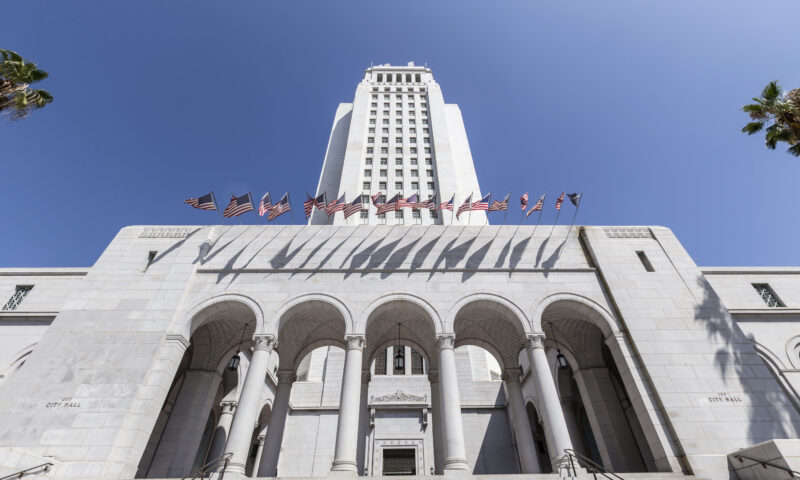
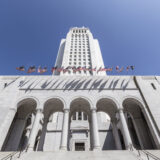
Hotel industry predicts financial ruin, but data shows a $30-an-hour minimum wage will stabilize the city’s tourism ecosystem.
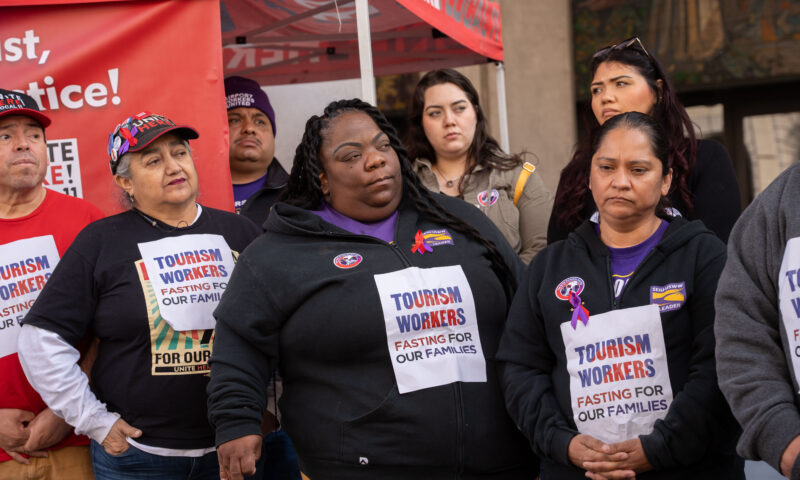
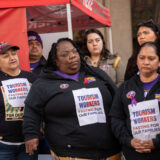
The proposal would increase hourly wages each year to reach $30 by 2028.


New contracts will expire six months before the Games, giving workers an opening to pit public attention against employers.
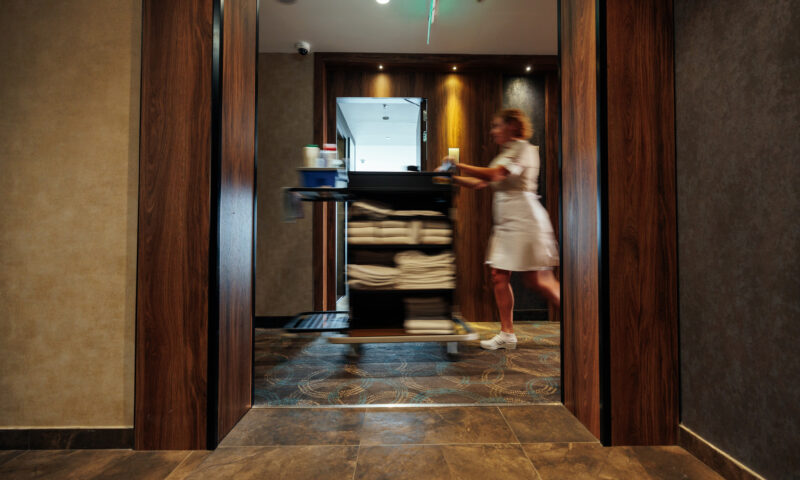

A ballot measure to raise pay to $23 an hour could help workers in labor negotiations and boost the local economy.
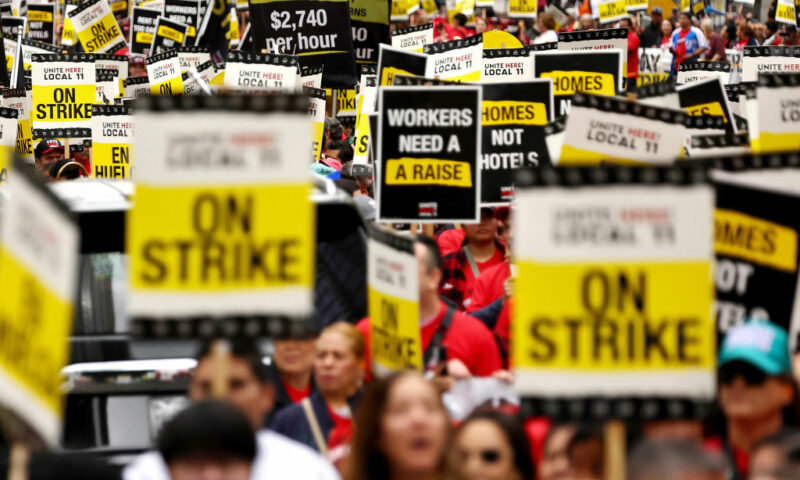
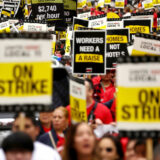
In the face of weak labor laws, hospitality workers brought their fight for better wages and working conditions to the court of public opinion.
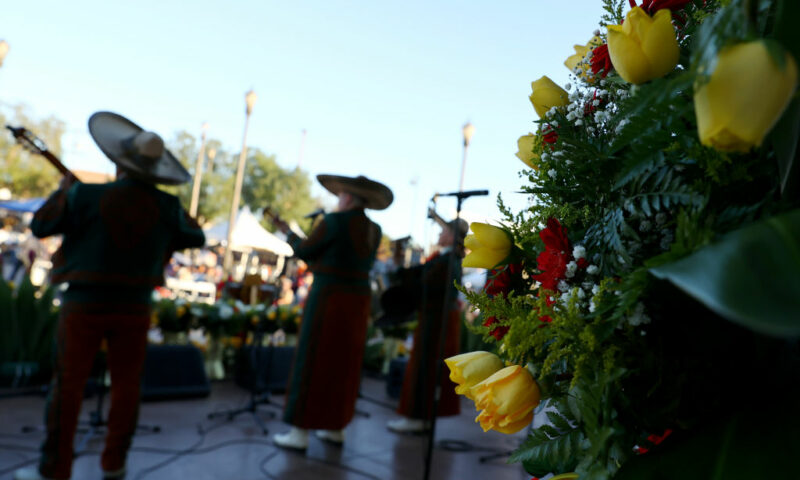
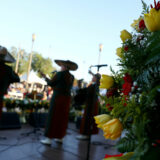
Everyone benefits when the folks who help other folks relax get their break.


Major hotel chains are considering making daily room cleaning an exception rather than the norm.


Hospitals and clinics that recently faced financial collapse are reopening waiting rooms. But PPE shortages and staff-risk issues remain.
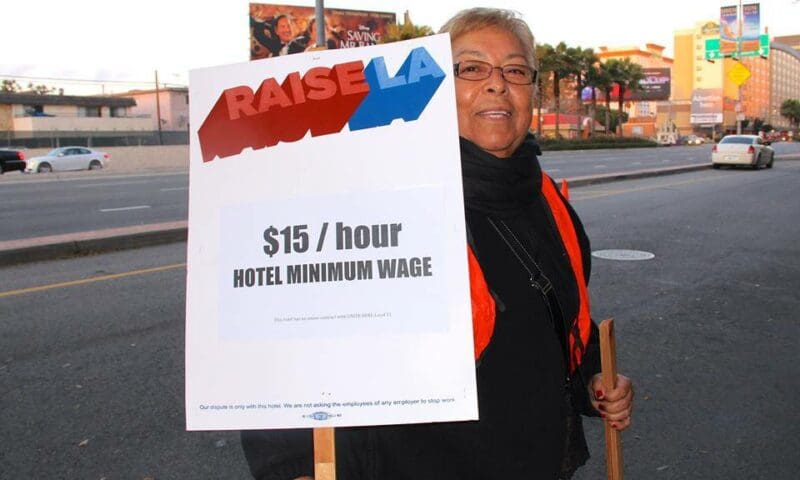
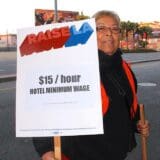
In an economy where constant, unpredictable change is a given, wages are one of the few things that have remained reliably stagnant. However, a growing national movement to address this increasingly visible issue is taking shape. Locally, Raise LA, a coalition of labor and community groups organized by the Los Angeles Alliance for a New Economy (LAANE), is part of a push to bring wages up to speed by advocating for better jobs in L.A.’s massive hospitality industry. According to a LAANE Raise LA report, “Residents, workers and businesses from communities across Los Angeles are united in the Raise LA Coalition in an effort to ensure that the city’s largest and most profitable hotels support the communities in which they operate.”
So why is Raise LA specifically focusing on hotels? One in 10 jobs in Los Angeles County is in the leisure and hospitality industry,
» Read more about: Raise LA Campaign Targets Hospitality Industry’s Low Wages »
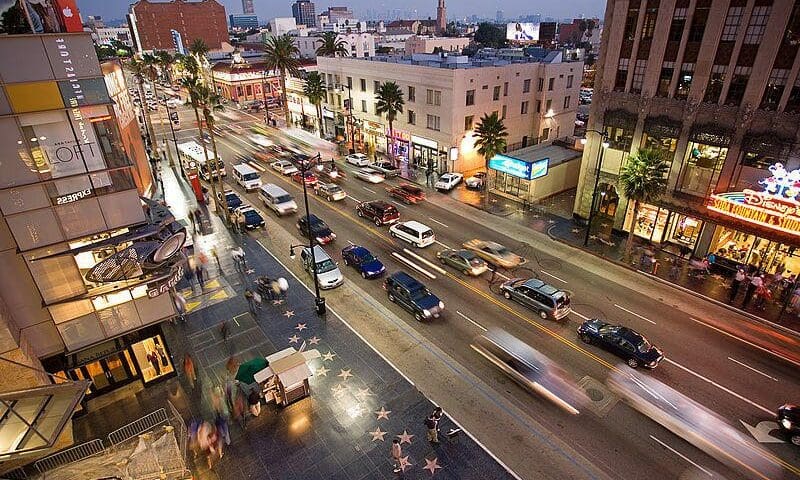

This week the Los Angeles Times reported that L.A. attracted a record number of tourists in 2012. More than 41.4 million out-of-town visitors came to our city for business, pleasure and everything in between – that’s about a million more visitors than in 2011. According to the Times piece, L.A.’s hotel occupancy rate in 2012 broke its pre-recession record, reaching 75.4 percent (the previous high was 75.1 percent in 2006).
Economic turnaround for tourism could be very good news for our city as a whole, because tourism is big business in Los Angeles – really big. Every year, tourism pumps more than $15 billion into our local economy. The tens of millions of business travelers, convention-goers and international and domestic visitors who come to Los Angeles make hospitality a primary economic engine for our city. It’s a simple formula: When visitors come to Los Angeles they spend their money in Los Angeles.
» Read more about: Will L.A.’s Tourism Boom Be a Bust for Workers & Economy? »


You will probably never meet Norma Bravilla, and if you did you would never know that this single mother is part of the backbone of L.A.’s economy.
A room attendant at downtown’s Luxe City Center, Bravilla is one of thousands of workers in the city’s largest industry, a sector that generates hundreds of millions of dollars in revenues every year. Her job is to give guests the most enjoyable experience possible by making the beds, cleaning the floors and polishing every piece of glass until it shines. If she does her job well, guests are happy and the hotel industry – as well as the local economy – benefits.
But the people who do this grueling work too often are not rewarded for it. More than 40 percent of L.A. hospitality workers are poor, unable to pay for basic necessities like rent and food.
What that means is that we are not taking care of the women and men who help take of our city and its guests.